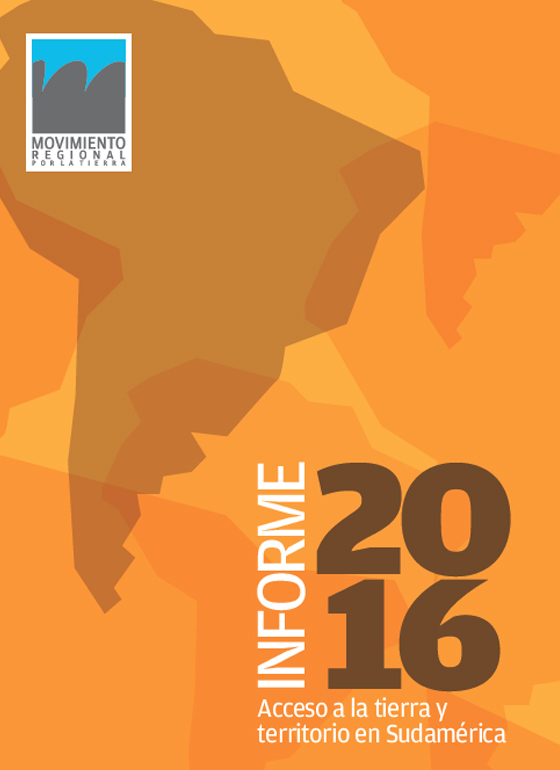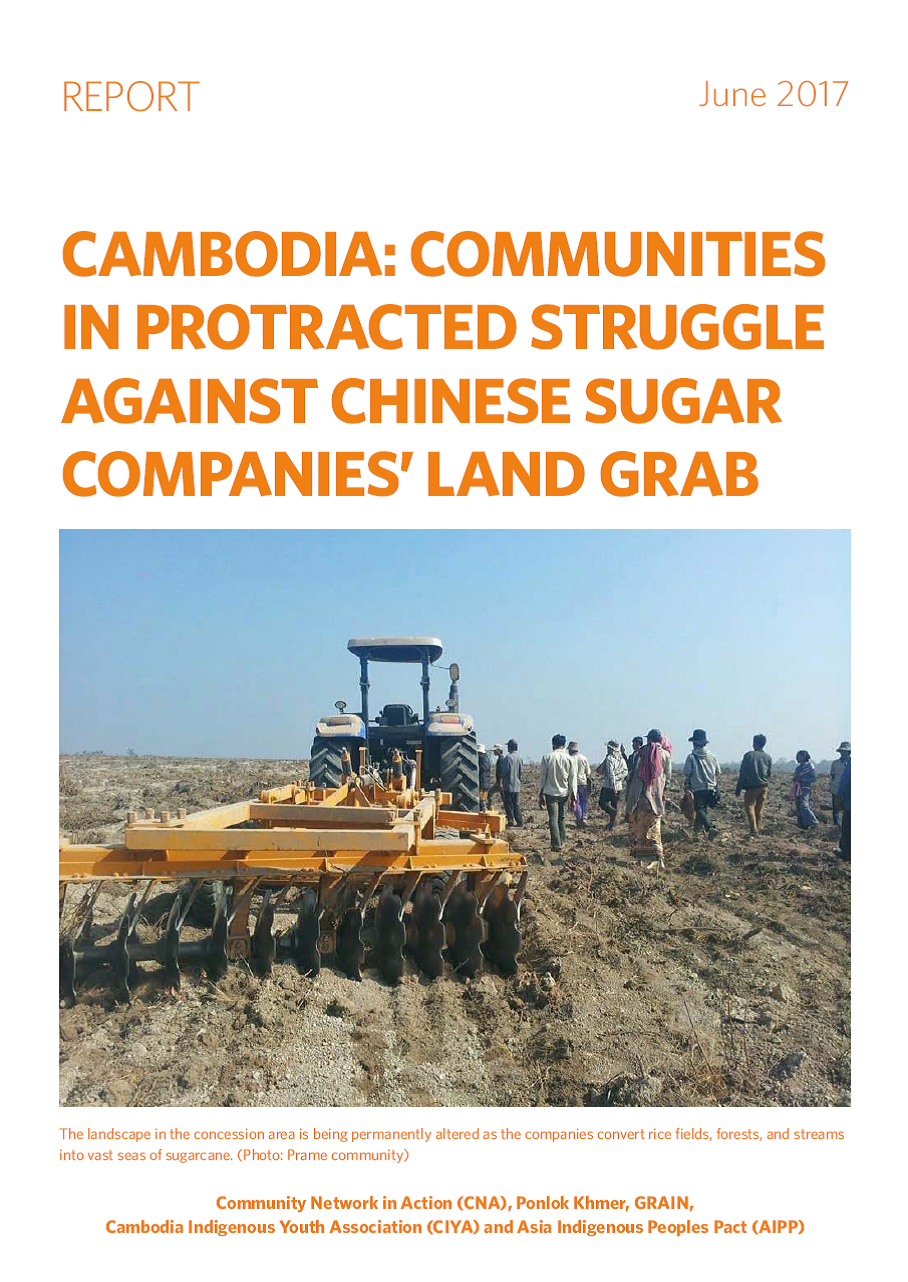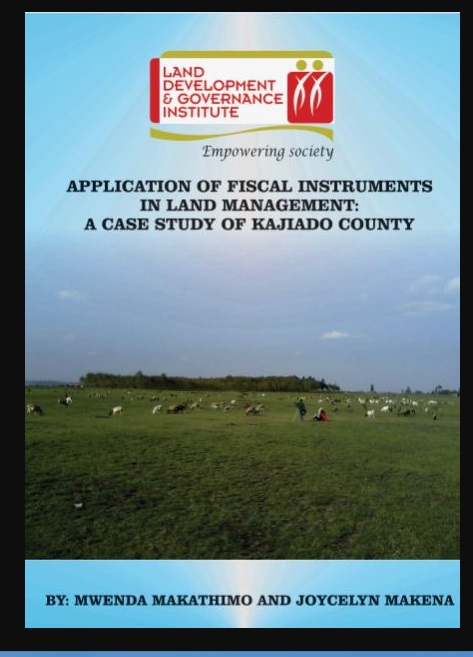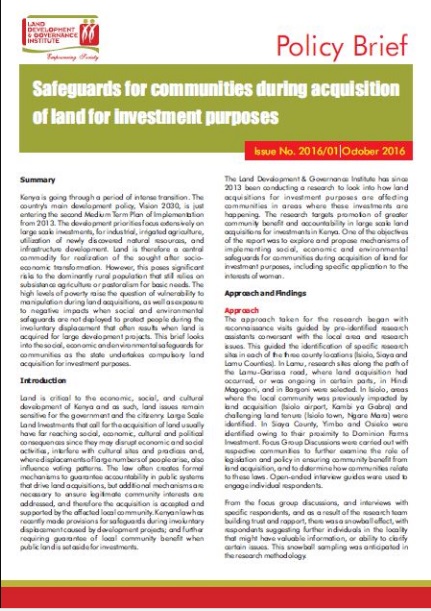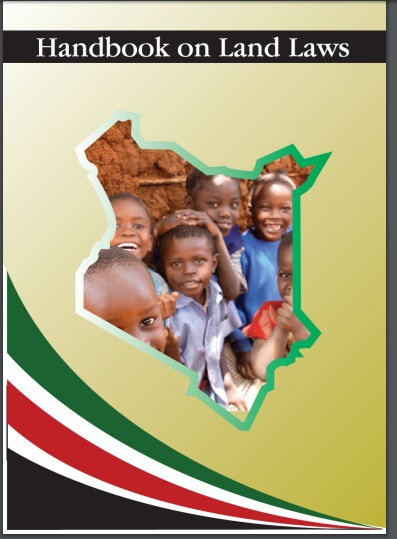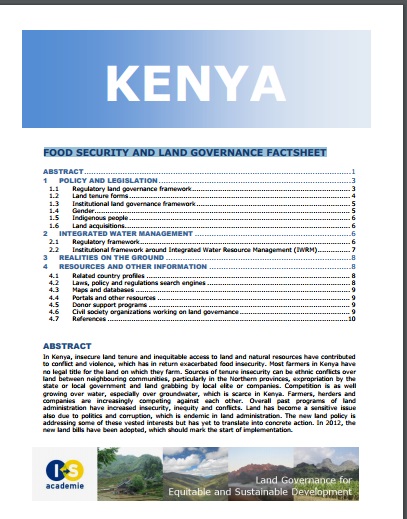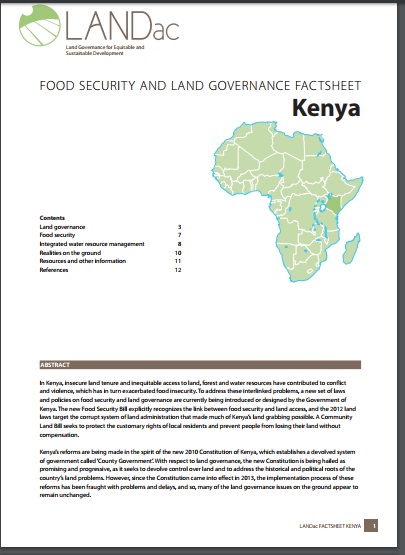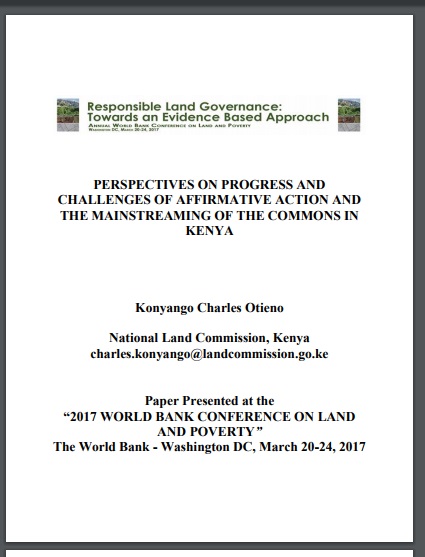Informe 2016 de Acceso a la tierra y territorio, conflictos y disputas, acciones campesinas e indígenas
Este informe impulsa, incentiva y reúne diversas miradas y posicionamientos, que emergen de las formas de acompañamiento comprometido a los movimientos por la tierra y defensa de territorios en siete países de Sudamérica.

